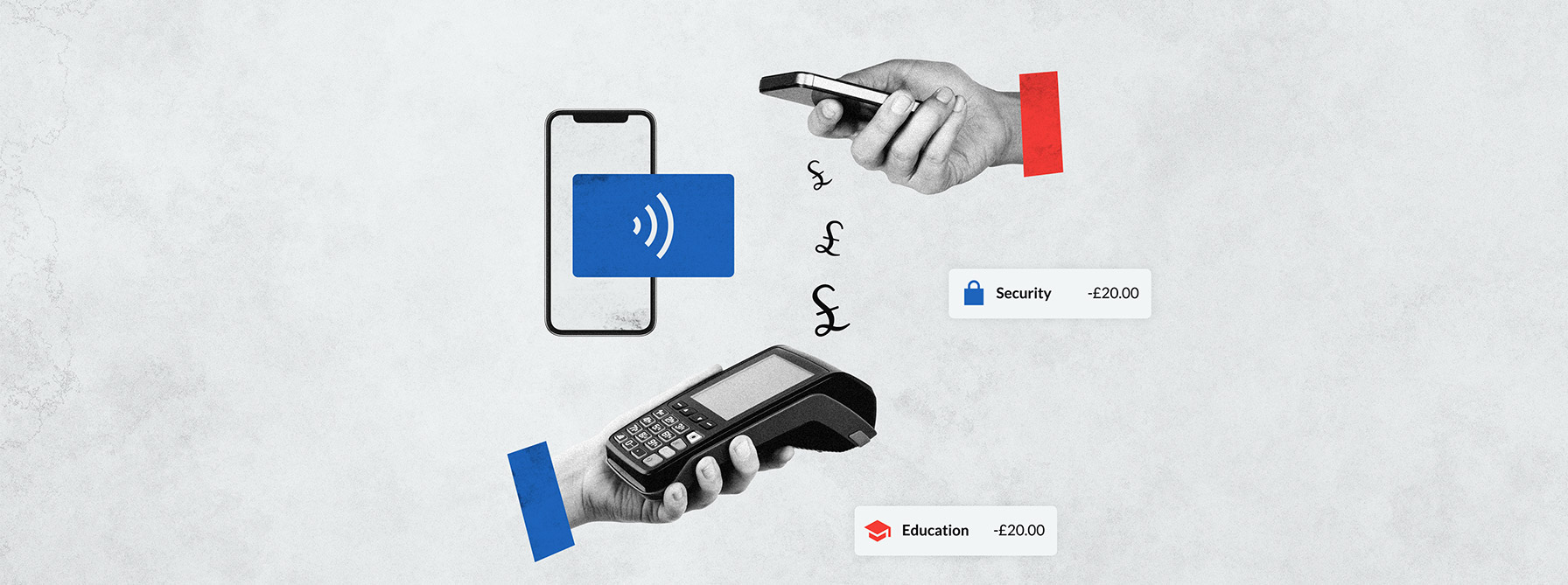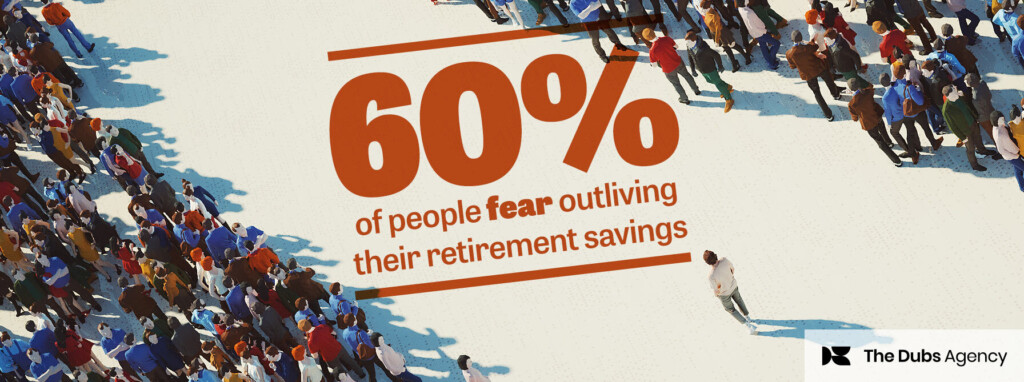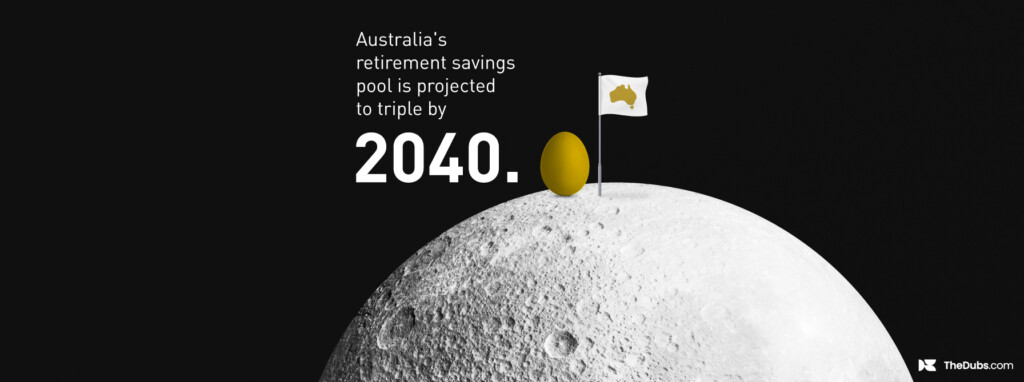COVID-19 has radically altered how consumers shop and interact with financial services brands and these altered behaviours don’t seem to be changing any time soon. In fact, 43% of UK respondents to a survey conducted by EY said their banking habits had altered. These changed banking behaviours and preferences extend to all financial services making it paramount your finance brand understands how customers make purchasing decisions, so you can tailor both your marketing content and customer journey to them. It’s important your finance brand can pivot to meet consumers’ expectations and changing needs to capture new customers and maintain trust, loyalty, and a positive experience for existing customers.
According to research by HSBC, there has been a sharp 5% increase in UK mobile banking habits due to the pandemic, with people preferring online platforms and contactless payments. UK banking habits have adapted to the pandemic with customers migrating to online platforms over in-person branches and adapting to contactless payment systems. Adapting to these changes means your finance brand must re-evaluate its digital platforms to ensure consumers can continue to access and enjoy a fulfilling customer experience. To add to this, COVID-19 has affected UK banking habits by altering customer relationships. Today, consumers are wanting greater flexibility, security, and education to combat the pervasive uncertainty throughout the UK and the world. While last year COVID-19 may have felt like a momentary experience, nowadays we know it’s here to stay, making it critical finance brands adapt and pivot to consumers’ changed behaviours if they want to remain competitive.
“ Adapting to these changes means your finance brand must re-evaluate its digital platforms to ensure consumers can continue to access and enjoy a fulfilling customer experience. ”
UK banking habits are going digital
While physical stores remain a necessity for finance brands, more and more customers are preferring to bank online. This large-scale shift to digital platforms means if your finance brand didn’t prioritise its online banking experience previously, it’s time to do so. In fact, in 2020 76% of British adults and 83% of small and medium businesses used online banking.
While the online banking experience is one aspect finance brands should be looking to strengthen and improve, another aspect is their digital marketing strategy. Ofcom’s Online Nation 2021 Report, found the UK spends more time online than most of Europe. With so many people spending time online, finance brands need to seize the opportunity to gain a greater digital presence, generate more web traffic, and target more potential clients. To do so you should:
- Ensure your finance brand is utilising digital platforms and online spaces where your target audience spends time.
- Create partner content that targets the values of your audience and helps generate greater trust and awareness.
- Create content that reflects your audience’s interests to generate meaningful and positive impressions on consumers.
Customer relationships are changing
While previously banks and customers may have experienced quite a formal relationship, today that’s changed. Customers today expect and want more from their financial services and the pandemic has simply crystallised this need. With the pandemic increasing customer anxiety, instability, and uncertainty, UK banking habits have subsequently altered. Now people are expecting and calling on finance brands banks to offer greater flexibility, security, and education to get through these times – and if these areas aren’t delivered your finance brand needs to recognise the reputational risks.
Improving communication with customers and providing educational resources are great ways of ensuring your finance brand is giving the support customers expect. By empowering them to make smart financial decisions, during a time of great financial stress, this will generate greater trust and loyalty. During times like these, your finance brand is on the frontline of supporting people – whether that’s delivering stimulus payments, helping to rework financial plans or managing their investments in a time of volatility – it’s important to demonstrate that you’re there to support customers and clients and put their needs first.
Contactless payments are the way forward
If the pandemic has done anything, it’s made people acutely aware of what they touch. UK banking habits have responded with contactless payments increasing in prevalence. In fact, there has been a 57% reduction in cash used in the UK, with a 7% rise in credit cards, a 10% rise in debit cards, and a 14% rise in online payment tools. To add to this, UK finance experts believe by 2030 only 9% of payments will be made using cash. Because UK banking habits are adapting to contactless payments it’s critical your finance brand considers how it can continue to deliver a full customer experience.
Looking to the way neobanks fulfill customers’ expectations is one-way finance brands can adapt to UK banking habits. Starling Bank and Monzo are the two leading neobanks in the UK currently. With both neobanks having a large social media presence, an adaptive and personalised user experience, easy communication channels, and a range of gamified elements, these banks have ensured customers are satisfied with their contactless experiences.
UK banking habits are changing for the long-term
It’s clear UK banking habits have changed for the long-term and it’s never been more important for finance brands to understand their customers’ behaviours and adapt to them, not only to satisfy customer needs but also to maintain a competitive edge. While some aspects of financial services have changed, the importance of the customer experience hasn’t – your finance brand simply needs to adapt to these changing times.









